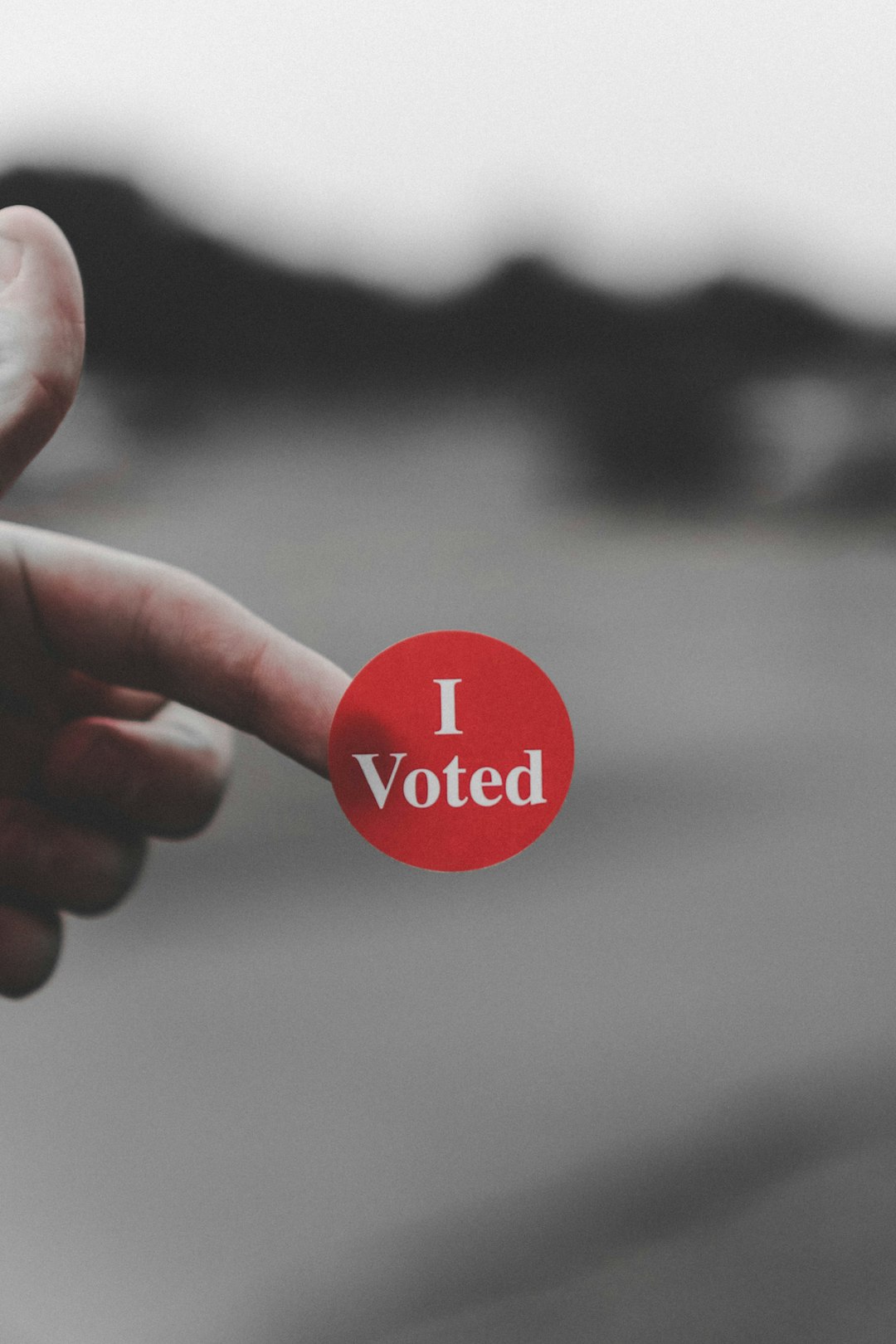
Free Markets Won’t Fix America’s Broken Social Contract
In a world where free-market capitalism is often touted as a cure-all for society’s ills, it’s time to take a step back and assess this lofty belief. The unyielding advocates of laissez-faire economics seem to forget one crucial aspect: the social contract. The essence of our society is not merely a collection of transactions, but a commitment to one another that extends beyond the marketplace. The notion that free markets will mend the frayed fabric of America’s social contract is a fantasy—one that could lead us down a path of despair if we’re not careful.
The Illusion of the Free Market
Let’s start with the basics. Free markets operate on the principles of supply and demand, driven by self-interest. While this can create wealth and innovation, it can also exacerbate inequality and erode community bonds. The idea that the invisible hand of the market will solve all problems is akin to believing a magic fairy will swoop down and sprinkle pixie dust over our issues. Spoiler alert: it won’t happen.
Take a look at income inequality in America. The top 1% of earners have seen their wealth skyrocket, while the middle class has stagnated, and the lower classes have been left behind. According to a recent report, the wealth gap is wider than ever, with the top 10% owning almost 70% of the nation’s wealth. If the free market were capable of fixing this disparity, wouldn’t we have seen progress by now? Yet, here we are, with a social contract that resembles a tattered safety net, full of holes.
A Social Contract in Crisis
The social contract is an implicit agreement among members of society to cooperate for social benefits. It is based on trust, mutual aid, and a sense of belonging. However, in a hyper-competitive marketplace, these fundamental human values often get trampled underfoot. The relentless quest for profit can lead corporations to prioritize shareholder value over the well-being of their employees and communities.
Consider the gig economy, a shining example of free-market ideals at work. While it offers flexibility, it also denies workers basic protections like health insurance and retirement benefits. Workers are treated as disposable assets rather than valued members of society. This dwindling sense of community and security raises the question: if the market can’t provide social protections, what will? The answer is stark: it won’t.
The Need for Regulation and Support
Critics of government intervention in the economy often point to the inefficiencies and bureaucratic nightmares that can arise. Yet, the reality is that some regulation is not just beneficial; it’s necessary. The government needs to step in to create a more level playing field where all individuals can thrive. From healthcare to education, access to essential services should not be dictated by market forces alone.
A prime example can be found in Scandinavian countries, which have successfully blended free-market principles with robust social safety nets. They prioritize education, healthcare, and social welfare, leading to higher levels of equality and social cohesion. It’s a delicate balance, but one that America has yet to master. If free markets were the sole answer, why are these nations consistently ranked among the happiest in the world?
Counterarguments and the Reality Check
Of course, it would be naive to argue that free markets don’t have their merits. They promote innovation and can drive economic growth. But we must recognize that growth without equity is not progress; it’s a recipe for societal unrest. The truth is that a purely market-driven approach can lead to a society that resembles a dystopian landscape, where the strong thrive and the weak are left to fend for themselves.
Moreover, the argument that individuals are solely responsible for their success ignores systemic barriers that many face. Discrimination, lack of access to quality education, and economic instability can stifle opportunities. A social contract must encompass the understanding that we are all in this together, and that collective responsibility is essential for a thriving society.
Conclusion: A Call for Re-evaluation
The time has come for a serious re-evaluation of our belief in the free market as a panacea for America’s social issues. The notion that it will fix our broken social contract is not only misguided; it’s dangerously naive. We need to prioritize community, equity, and shared responsibility over blind faith in self-interest. The path to a healthier society lies not in unregulated markets, but in a commitment to one another.
If we genuinely want to fix America’s broken social contract, we must move beyond the rhetoric of free markets and embrace a more holistic approach that honors the social fabric that binds us together. Only then can we hope to build a society that works for everyone—not just the privileged few.


